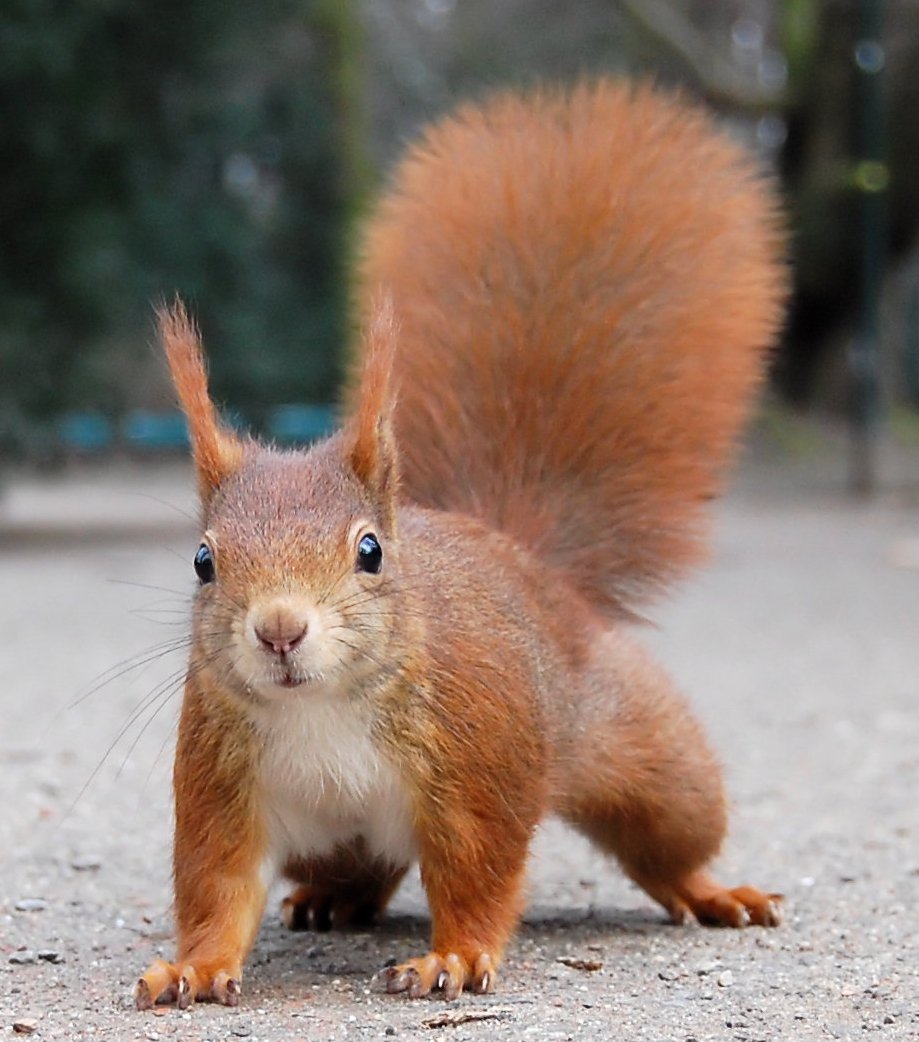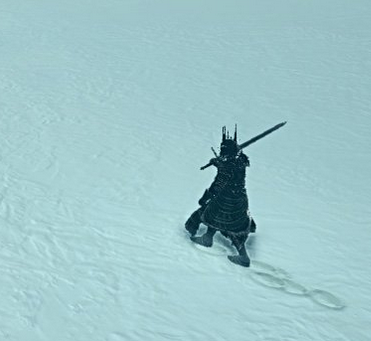- cross-posted to:
- [email protected]
- [email protected]
- technology
- technology
- cross-posted to:
- [email protected]
- [email protected]
- technology
- technology
Article by IEEE Spectrum: The writers tested the two AI image generators MidJourney and Stable Diffusion, testing their abilities to generate imagery that closely resembled copyrighted material, which proves that the training data of the image generators had to contain copyrighted material. Implemented safeguards were largely unsuccessful to curb the output of potentially infringing images.



Photoshop enables countless people the ability to replicate brush stroke styles, pick colors, and replicate the effects and logos and etc of other companies.
Before photoshol existed th8s was much more challenging. You’d have to be the same brushes, paints, canvas/paper, and replicate their style by eye.
Photoshop lowered the barrier of entry much the same way these ai tools have. What used to take enormous effort now takes way less.
A tool coming into existence that lowers the barrier of entry to producing art also will logically lower the barrier of entry to infringe on artists copyrighted work
You can’t have one without the other.
Making it easier to create art inherently means making it easier to steal art. The two go hand in hand, always have, always will.
The act of the person using (tool) to break the law isn’t the tool creators fault unless it was clearly and explicitly made for the express intent. It’s the person’s fault for using the tool that way.
Should we start suing ballpoint pen companies when someone uses the pen clip to fashion a very usable lockpick and break into people’s homes?
Or do you sue the actual person who broke into the home?